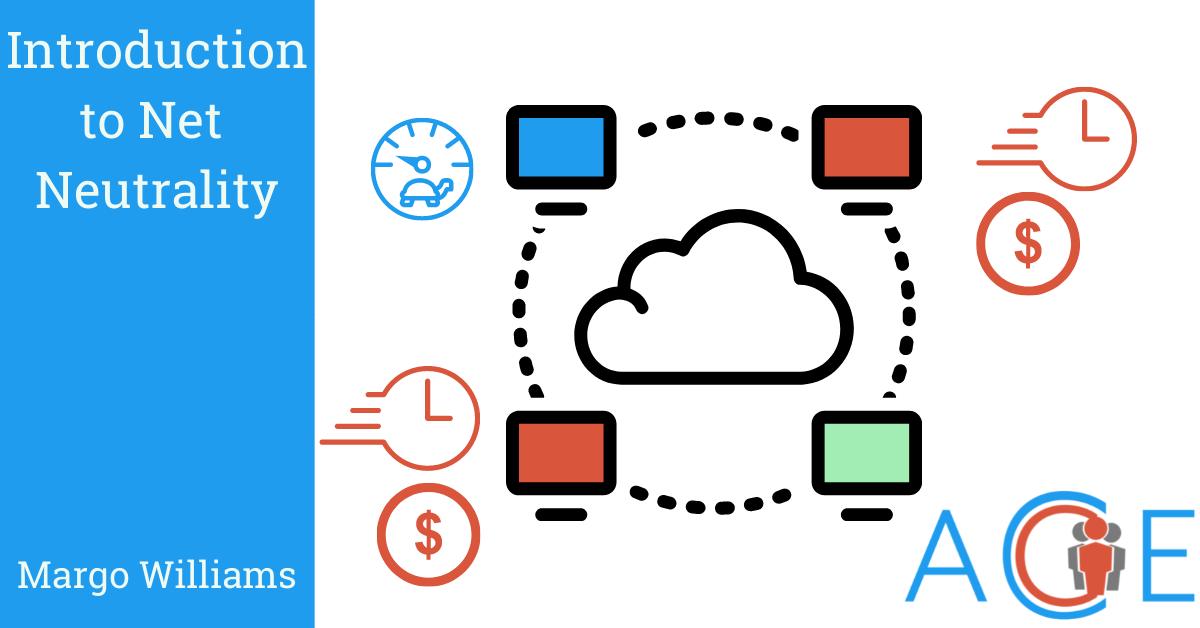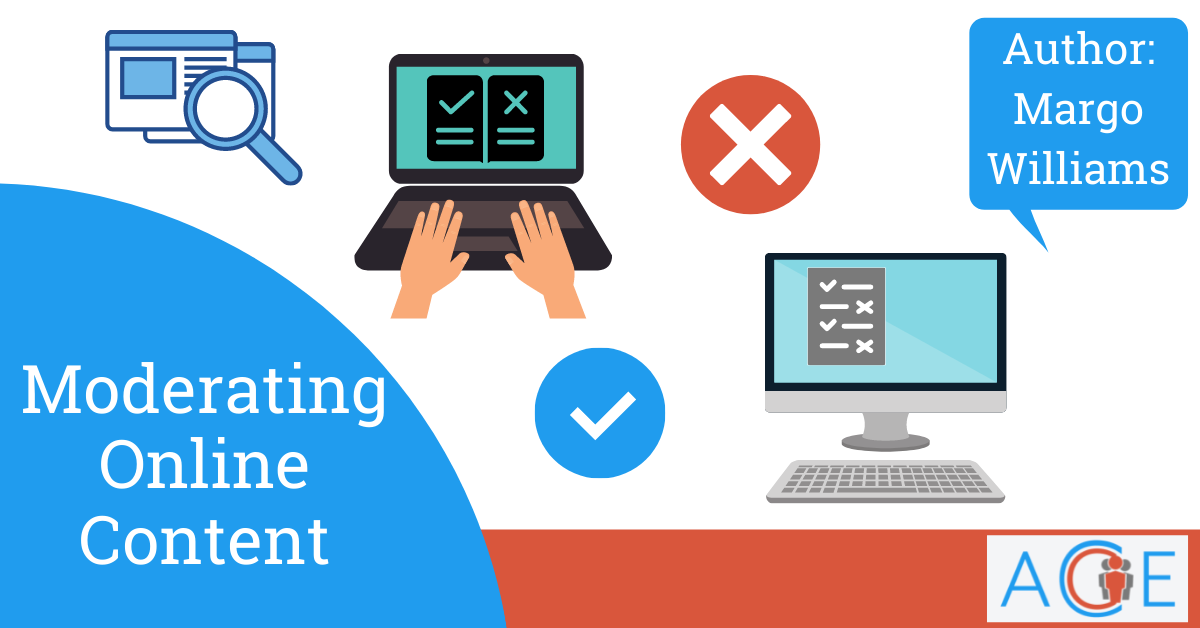Download the One Pager as a PDF
Do users have the right to equality of access to online information?
Network neutrality is the notion that internet service providers (ISPs) like AT&T, Verizon, and Comcast must treat all online content flowing through their cables equally. This means that ISPs which connect users to information online cannot charge companies extra for access to certain services, nor can they slow down or stop providing access to certain online content. For example, under net neutrality, a large TV streaming platform like Netflix could not pay Verizon to make its TV shows stream faster than shows on a small startup platform. Shows on both platforms would stream to users at the same pace.
Net neutrality advocates champion it for two reasons:
- Protecting free expression online. A handful of ISPs dominate access to the internet, and without net neutrality they could suppress particular viewpoints by making them load slowly or not at all, or by charging fees for posting particular types of content on the internet.
- Enabling innovation and keeping markets free. If ISPs can provide faster access to companies which can pay them more, smaller companies will have their growth stunted at the outset.
The Federal Communications Commission (FCC) passed the Open Internet Order in 2015 establishing net neutrality as law. Prior to then, the Bush administration had enforced basic net neutrality rules, which were later expanded under the Obama administration. Under the Trump administration, the FCC reversed the 2015 order and removed all legal provisions protecting net neutrality. Instead, ISPs are required to disclose their content streaming practices to users. For example, if Verizon decided to stream Hulu faster than Netflix because Hulu paid more, Verizon would have to tell users.
The FCC’s justification for this change is that small ISPs struggle with the costs of proving they are upholding net neutrality. To show they are streaming all content equally, ISPs had to hire expensive lawyers and accountants. Large ISPs were more able to bear increased costs, while small ISPs were heavily impacted. As a result of the 2015 Open Internet Order, large ISPs had to follow stricter rules, but customers also had fewer options to switch to if they weren’t satisfied. In response to this challenge, the FEC lifted reporting requirements for ISPs serving fewer than 100,000 people.
Those opposed to net neutrality argue that a market-based system, where users have the freedom to select an ISP based on their streaming practices, is more efficient than asking the government to monitor streaming practices. One challenge to that idea is that in much of the US, only one ISP provides internet coverage to a geographic area. For 83.3 million Americans, switching based on streaming practice preferences is impossible because they only have access to service from a single provider.
The net neutrality issue is likely to continue developing through legislative and judicial means:
- Antitrust issues: As it stands, blocking a competitor’s website is technically a violation of antitrust laws. But slowing down access to a competitor’s website still lingers in a murky legal realm. The line between slowing down streaming and blocking content is unclear.
- States’ Rights: Since the FCC’s repeal of the 2015 net neutrality order, a federal court ruled that states can establish their own net neutrality laws, and the FCC cannot infringe upon these state laws. As a result, several states have passed laws in support of net neutrality within their borders.
The crux of the issue is whether users should have the opportunity to take streaming practices into account when selecting a network (assuming multiple ISPs cover their area), or if the government should require networks to give everyone the same rights to access online content. This risks eliminating smaller firms and empowering large firms who can afford the costs.
How much involvement do you believe the US government should have in enforcing net neutrality, if any at all?

